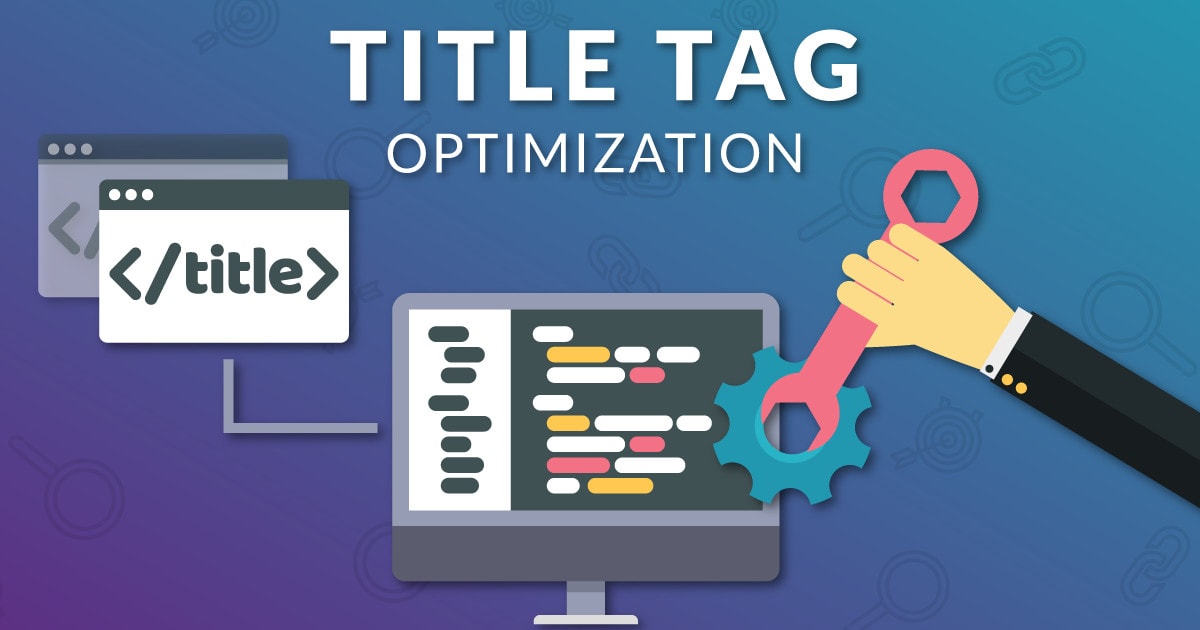8 SEO Tricks that Don’t Result in Google Treats from a Montreal SEO Company
8 SEO Tricks that Don’t Result in Google Treats from a Montreal SEO Company
If you’re running an online business, it’s important to keep up with the latest trends in search engine optimization. You want your business to get as much exposure as possible, but certain SEO strategies might not get you where you want to go, including landing you in Google’s penalty box or even getting your website de-indexed by the search engine. SEO, or search engine optimization, refers to the process of optimizing your website’s content to improve your rankings in search engines like Google and Bing. There are plenty of SEO tricks out there that claim to help websites rank higher, but not all of them actually deliver on their promises.
Here are eight common SEO tricks that don’t result in Google treats—and what you can do instead.
1. Automated Content
The first step is to create automated content. This could be one of those plug-and-play websites with automated articles, press releases, and other content. The idea here is to fill your website up with good information so that it ranks higher on search engines and visitors have something interesting to read. They can write product descriptions, articles, etc., while you handle other aspects of your business. Or you can use software platforms to automatically generate links for you based on keywords you enter, which builds backlinks naturally—and quickly!
2. Thin Content
Thin content, also called thin sites, are those with little or no original and/or meaningful content. They consist mostly of filler text, ads, and/or links to other unrelated web pages. This can result in being dropped or severely penalized by search engines. The most common fix for thin content is to add more relevant and substantive content to your site so you can rank higher in search results. A Montreal SEO company like Dynamic SEO Pros has lots of experience doing just that – our team works with clients across Canada, so if you’re looking for an expert in Montreal, we’d love to chat! Schedule your free consultation today on our contact page.
3. Stop building links
Many people are under the impression that building links to their site will improve search rankings. This is not true. In fact, building hundreds of low-quality links could result in penalties from Google. But not all links are bad; you want relevant, high-quality external sites with strong domain authority to link back to your site. If it sounds too good to be true (or like something you would never do), then it probably is. Building quality links requires time and patience, but can prove fruitful when done correctly—and will give your business a boost instead of a penalty!
4. Cloaking
Cloaking is black-hat SEO at its worst. It’s when you show search engines one version of your site, but show visitors another. Cloaking can get you penalized by search engines, so it’s not something an ethical Montreal SEO company will use. Instead, we focus on getting good rankings for clients using white-hat tactics. These tactics are proven to work and don’t risk any penalties or legal issues with search engines. A good Montreal SEO company knows what works and what doesn’t—and our job is to make sure clients rank as high as possible while still doing things legally and ethically.
5. Sneaky Redirects
While they are not explicitly forbidden, many websites have been penalized by Google for utilizing sneaky redirects. These work by taking users to specific pages on your website based on what they were trying to reach. So if someone searches for blue widgets and clicks on your link, you can then send them to a page with blue widgets. This is seen as manipulative and deceptive and can result in penalties or even complete de-indexing of your site.
6. Keyword Stuffing
This is a trick I can almost guarantee won’t work, and it’s best to avoid. Keyword stuffing means packing your content with certain words or phrases over and over again because you hope that search engines will pick up on these terms. Try to write naturally while keeping these tips in mind: keywords should appear naturally throughout your content; they shouldn’t be stuffed just to artificially boost their position.
7. Abusive Structured Data
This is pretty straightforward and rather basic, but it’s also one of those things people often accidentally do. Structured data is popular with Google because it helps it understand the content on a page. Google’s guidelines prohibit the use of excessive or irrelevant structured data markup.
8. Malicious Intent
Spammers are some of our biggest adversaries because they try to manipulate search results. If we all fell for their tricks, it would be much harder for legitimate sites to be found. Malicious intent refers to manipulation tactics designed to trick users, like keyword stuffing and link schemes. We all want to rank high on Google, but these sneaky tactics hurt our users and demote you from high-quality status. This includes posting content focused solely on ranking higher on search engines rather than creating something great for your users.









